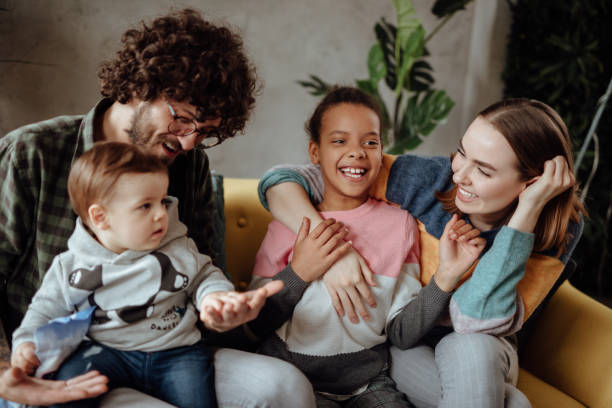Family Group Conferencing (FGC) is a powerful tool for bringing families together to create meaningful, child-centred plans. It's a moment filled with hope, collaboration, and a shared commitment to the child’s future. But the real magic happens after the conference – in the follow-up. This crucial stage is where intentions become actions and family plans turn into a better reality for the child.
Why Follow-Up Matters
At its core, FGC is about empowering families to take the lead in creating a plan that supports the child’s well-being. While the conference sets a strong foundation, the weeks and months that follow are when the hard work of execution begins. Without consistent follow-up, even the most thoughtful plan can falter.
Follow-up ensures that everyone involved stays accountable, connected, and supported as they work through the challenges of implementing the agreed actions. It helps maintain the momentum of the conference and keeps the child’s needs at the forefront of every decision.
Keeping the Family Plan Alive
The family plan created during an FGC is a living document, not a static agreement. Life happens, circumstances change, and challenges arise. Follow-up allows families to revisit the plan, celebrate progress, and adjust when needed. It’s a chance to check in, reaffirm commitments, and provide the support necessary to overcome obstacles.
Building Trust and Confidence
Regular follow-ups demonstrate to the family that they’re not alone in this journey. It shows that their voices continue to be heard and valued. This ongoing connection builds trust and confidence, reinforcing the family’s belief in their ability to work together for the child’s benefit.
How Follow-Up Makes a Difference
- Encourages Accountability: Regular check-ins help ensure that everyone involved is following through on their commitments.
- Identifies Challenges Early: When issues arise, follow-up allows for timely intervention and adjustments to keep the plan on track.
- Strengthens Family Bonds: Continued communication fosters a sense of unity and shared purpose.
- Supports Long-Term Success: By keeping the plan alive and dynamic, follow-up helps families achieve sustainable outcomes.
Creating a Positive Follow-Up Experience
Follow-up doesn’t have to feel like an inspection or a chore. It’s an opportunity to celebrate the family’s progress, acknowledge their efforts, and provide encouragement. A strengths-based approach, focused on what’s working well, sets a positive tone and helps families feel empowered to keep moving forward.
Professionals can play a crucial role by providing guidance, resources, and practical support during follow-ups. Whether it’s helping with referrals, offering advice, or simply being a listening ear, these interactions remind families that they’re not alone in their journey.
A Shared Commitment to Success
The success of a family plan is a shared responsibility. Families, professionals, and support networks all play a role in ensuring the plan’s goals are met. By staying connected and committed to the process, everyone can work together to create a brighter future for the child.
At its heart, FGC is about hope, collaboration, and the belief that families have the strength to overcome challenges together. The follow-up process is what nurtures that hope, turning it into action and lasting change.
When we invest in follow-up, we’re investing in the family’s success – and most importantly, in the child’s future. That’s a commitment worth making, every time.




